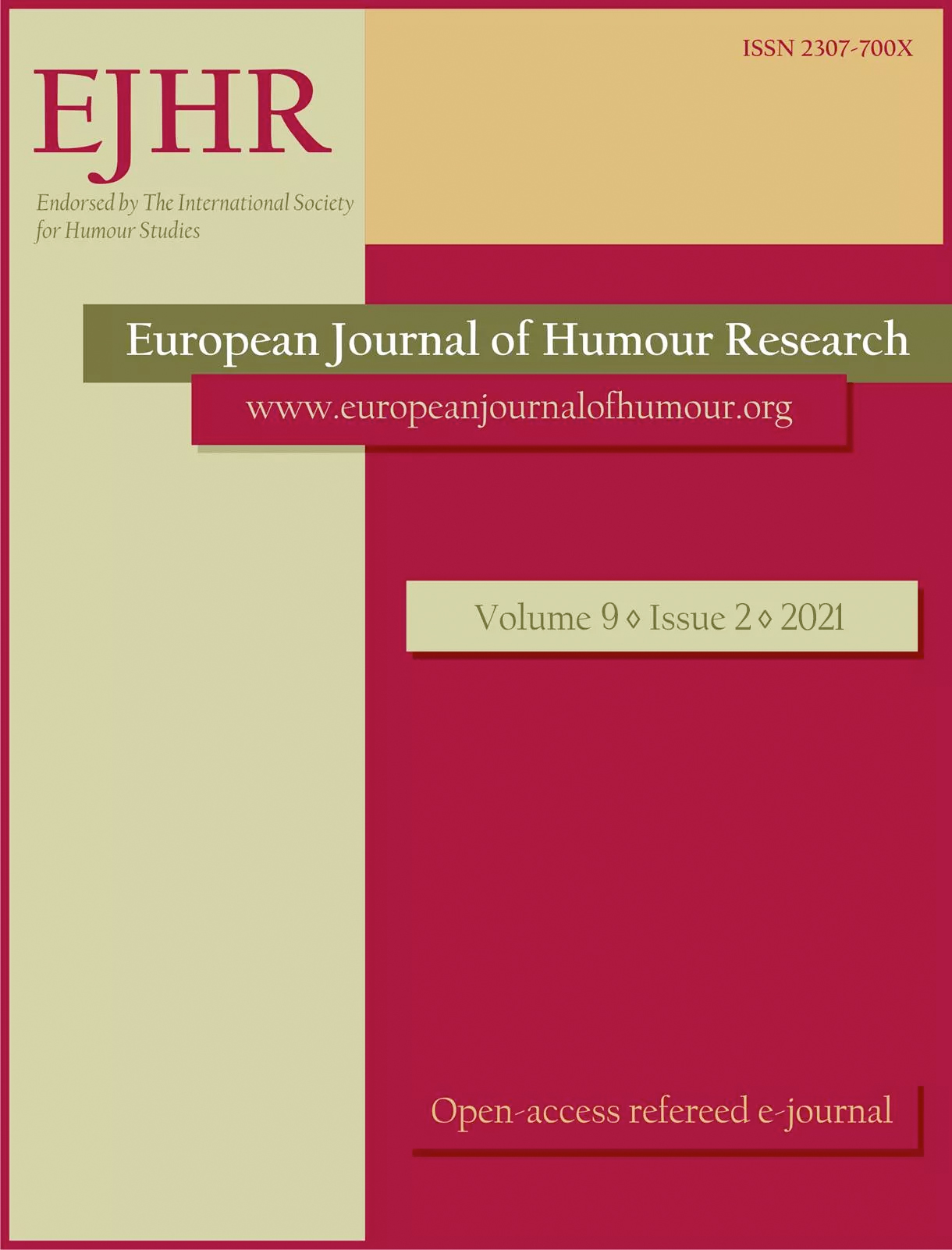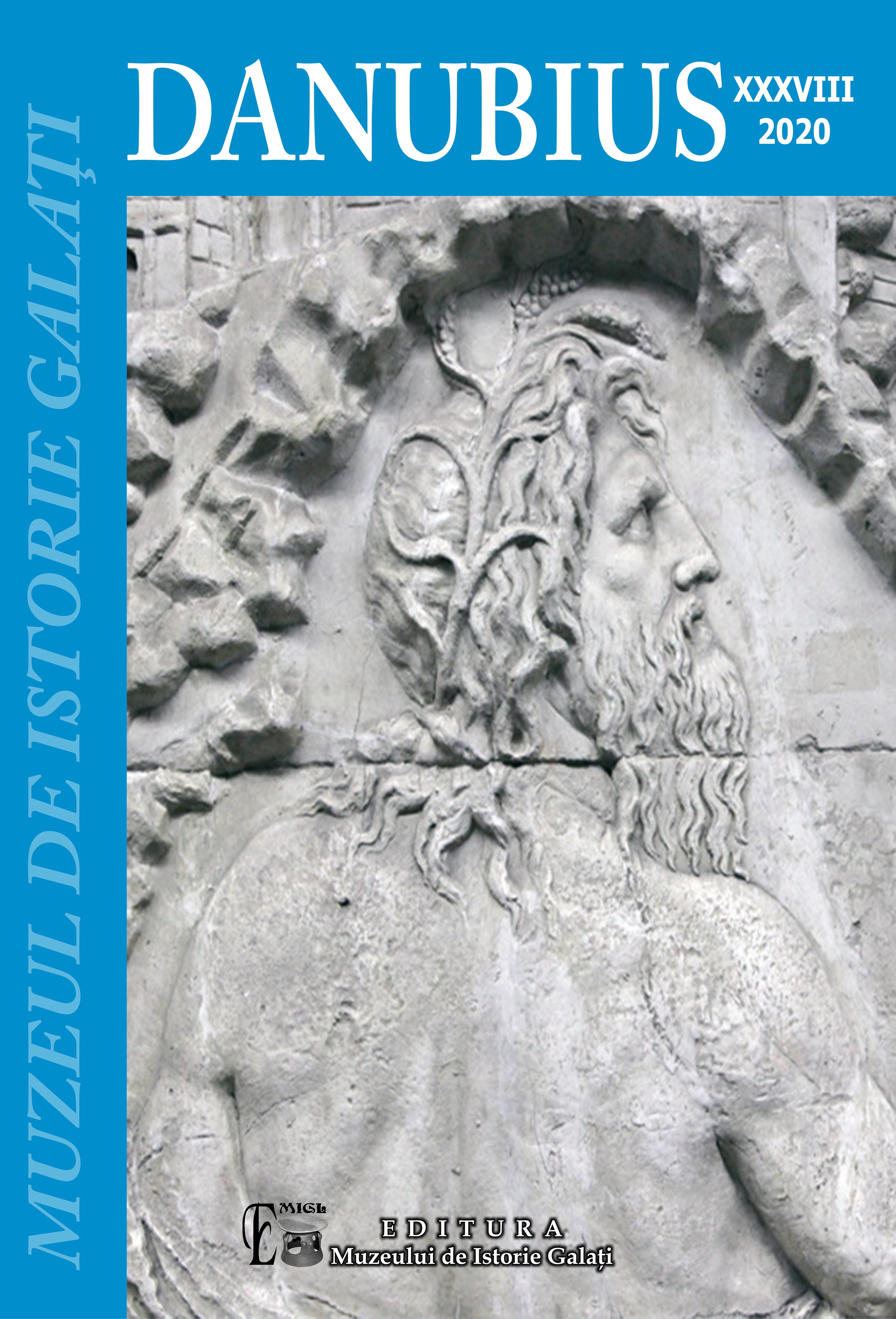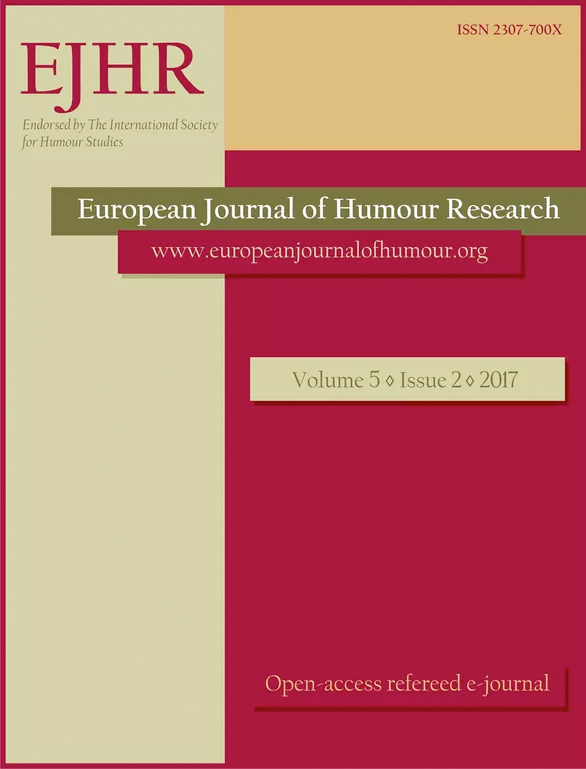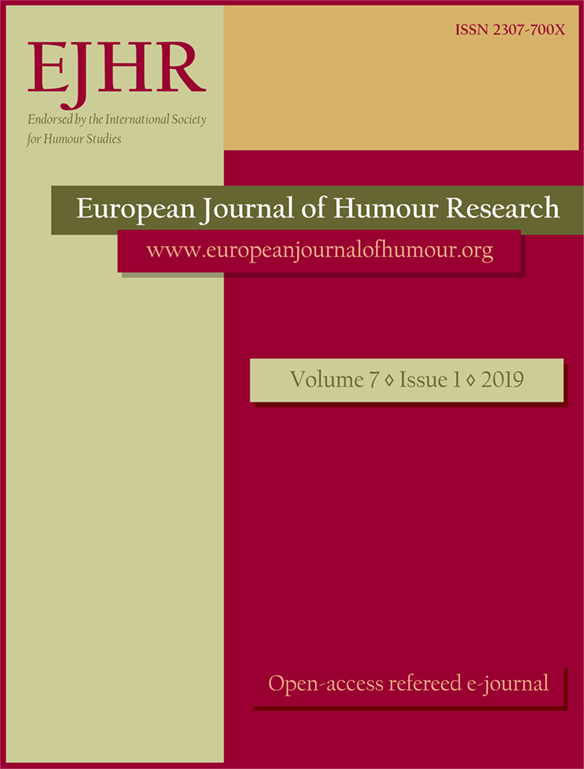
We kindly inform you that, as long as the subject affiliation of our 300.000+ articles is in progress, you might get unsufficient or no results on your third level or second level search. In this case, please broaden your search criteria.

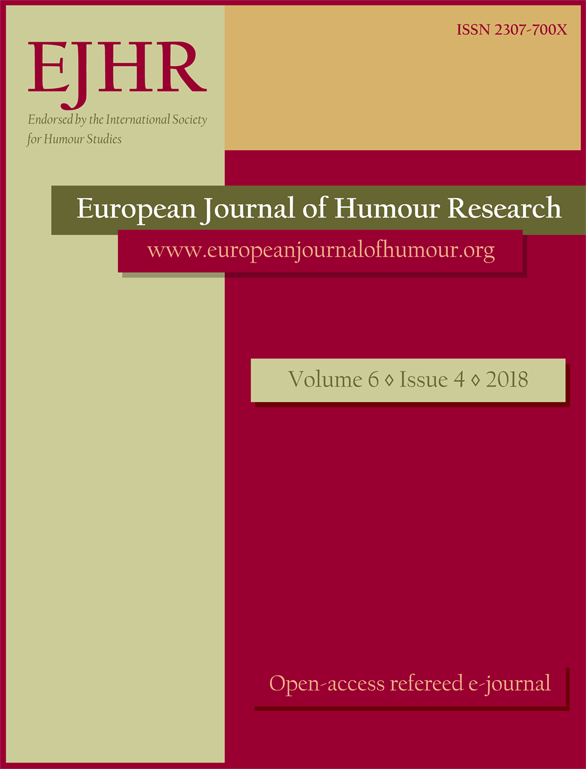

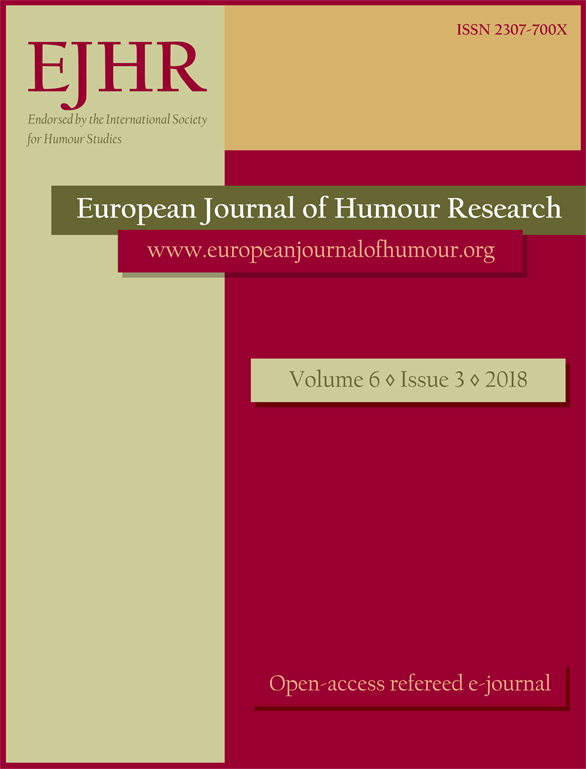

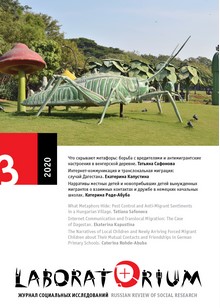
Review of: Анна Соколова - Julia Obertreis. Imperial Desert Dreams: Cotton Growing and Irrigation in Central Asia, 1860–1991. Göttingen, Germany: V&R Unipress, 2017. 536 pp. ISBN 978-3-8471-0786-6.
More...
Review of: Михаил Наконечный - Golfo Alexopoulos. Illness and Inhumanity in Stalin’s Gulag. New Haven, CT: Yale University Press, 2017. 328 pp. ISBN 978-0-300-17941-5.
More...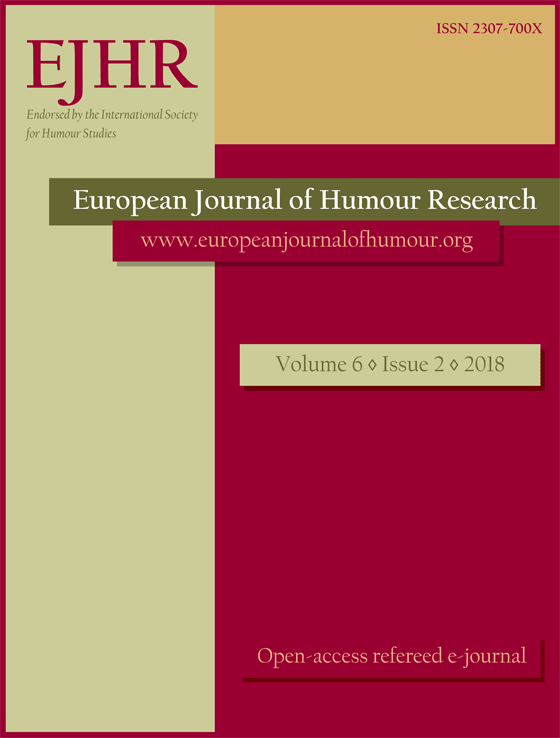

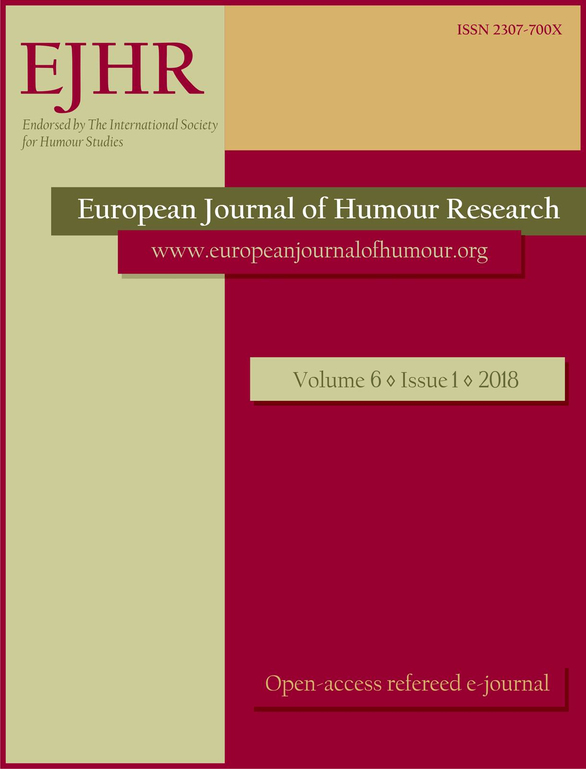
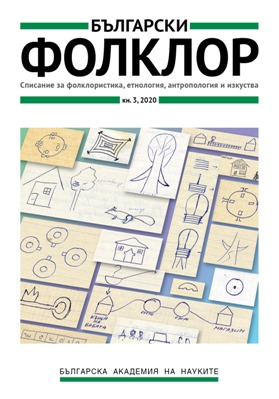
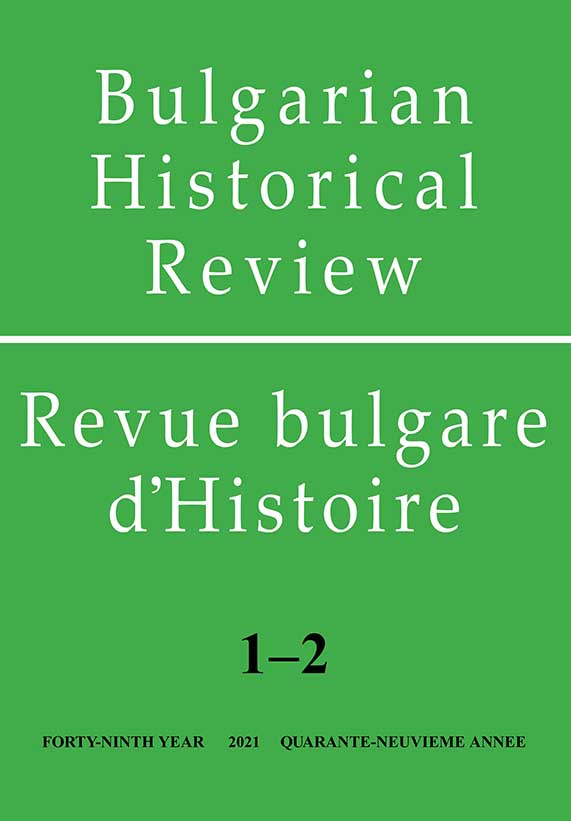

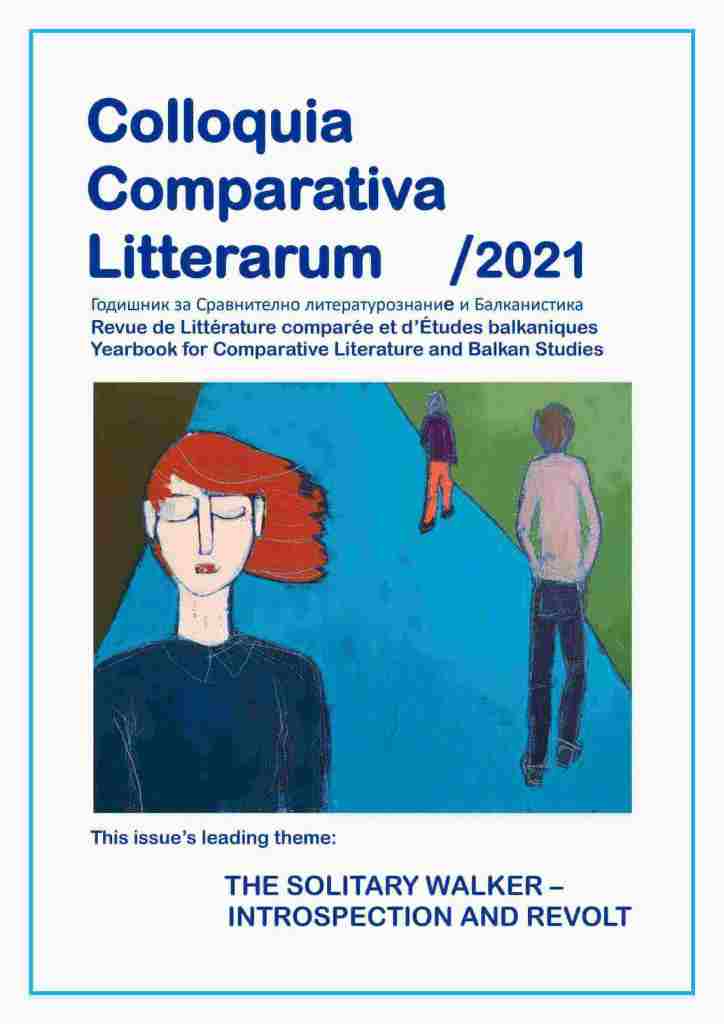
The text focuses on several recently published novels and a book of essays, which have provoked reactions and debates both in Bulgaria and around the world. It tries to see how writers rationalize the pandemic at the very beginning of its emergence. For most authors topics such as politics and ecology are important, because according to them the Covid crisis is the result of all other crises of today's world, and most of all, of the irresponsible human attitude towards nature and other human beings. Not accidentally – in their visions – it heralds new changes in the human and in the acceleration of the dystopian wave in literature.
More...
The Strange Knight of the Sacred Book is a novel by Anton Dontchev, a Bulgarian author, published in 1998 in Bulgaria and translated in France in 1999. It tells how, around 1218-1219, the secret Book of the Bulgarian Bogomils arrived in France to their Albigensian brothers, in Languedoc, in Occitan country. It is inspired by numerous readings of epic and courtly literature of the thirteenth century, in Latin and French, in the languages of oc and oïl, and more recent, historical and literary sources, of the nineteenth and twentieth centuries. There are also references to medieval tapestries, to 15th century religious paintings, Italian, Spanish or Portuguese, and to modern, English and French painters of the 19th and 20th centuries. It is a singular, Bulgarian look, rare in modern literature, and devoted to the history of the crusade carried out at the beginning of the 13th century, in Occitania, against the Albigensians. It is a long solitary, pseudo-autobiographical reverie, a long return to oneself nourished by past adventures, intimate thoughts and moral and spiritual reflections of the narrator: a French knight, at first a crusader, later a rebel against the papacy and the Inquisition.
More...
The article compares two fiction books by the Romanian author Ana Blandiana and fellow Bulgarian writer Teodora Dimova. As the analysis reveals the books share a lot of similarities in their approach to the “totalitarian experience”. In these literary works, we can see how through the child’s viewpoint the two female writers show different solutions in times of crises and harrowing circumstances. In summary, Blandiana and Dimova demonstrate in a brilliant aesthetic way the endless possibilities of literature to find salvation even in tragic accidents, and an exit from exile.
More...
This article discusses Ian Bostridge’s book Schubert’s Winter Journey: Anatomy of an Obsession, which – beyond the label of musicological research dedicated to Franz Schubert’s song cycle “Winterreise” (“Winter Journey”), a masterpiece of Romanticism that was based on poems by Wilhelm Müller – stands out with its remarkable achievements in the field of comparative literature and calls attention to the contemporary state of this academic discipline.
More...